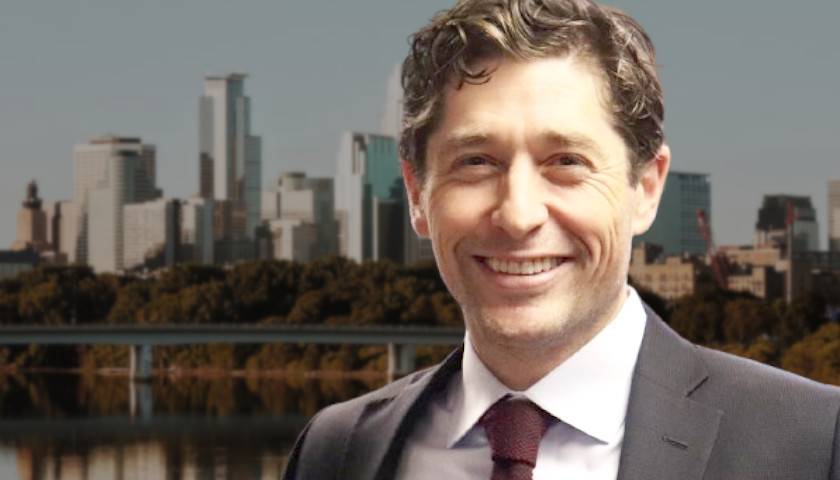by Scott McClallen
The city of Minneapolis has awarded the first funding round for climate action through the Climate Legacy Initiative.
Mayor Jacob Frey announced the CLI in July, which aims to fund the city’s climate goals over the next 10 years through increased gas and utility fees.
“You can’t put a price on saving our planet – but the Climate Legacy Initiative triples our investment in climate work and paves the way for important climate initiatives across Minneapolis,” Frey (pictured above) said in a statement. “With this funding, we’re committing to years of ongoing initiatives to protect our planet and future generations. I am excited to see the first round of funding go out to incredible organizations that are partnering with us in this work, and I want to thank my Council colleagues who authored and co-authored this important Initiative: Council President Jenkins, Council Vice President Palmisano, Council Member Goodman, Council Member Chughtai.”
The CLI funds the City’s Climate Equity Plan, which provides a roadmap for climate work over the next decade.
The plan sets a goal for Minneapolis to significantly reduce climate pollution by 2030 and become carbon neutral by 2050 by winterizing homes, reducing utility bills and more green job training.
The 2024 budget spends $10 million annually on the CLI program, funded via gas and electric utility franchise fees.
The city estimates the franchise fee increase will cost the typical Minneapolis household an additional $12 a year, or $1 a month, on average.
Complete funding for the CLI and Climate Equity Plan will come from a variety of sources, including federal Infrastructure and Investment Jobs Act and Inflation Reducation Act funds, state dispersion of federal funds and 2023 legislation, utility conservation and renewable energy incentives, and city revenue.
“We’re committed to reducing the impact of climate change in our city and doing our part locally in this global crisis,” Health Commissioner Damōn Chaplin said in a statement. “Through the Climate Legacy Initiative, we’ll provide community members with financial assistance to install more energy-efficient systems, insulate and weatherize homes, add solar energy, and plant more trees. Providing these services keeps Minneapolis on the leading edge for reducing greenhouse gases and reaching city carbon neutrality by 2050.”
– – –
Scott McClallen is a staff writer covering Michigan and Minnesota for The Center Square. A graduate of Hillsdale College, his work has appeared on Forbes.com and FEE.org. Previously, he worked as a financial analyst at Pepsi. In 2021, he published a book on technology and privacy. He co-hosts the weekly Michigan in Focus podcast.
Photo “Jacob Frey” by Jacob Frey.




